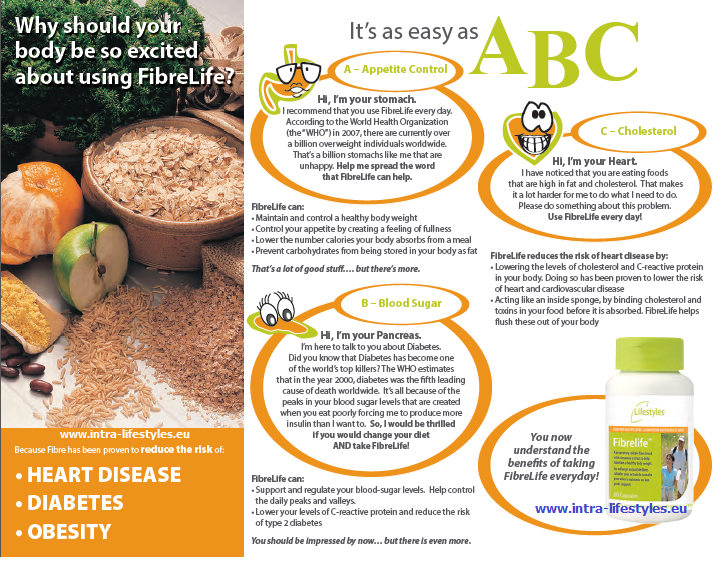1. Take liquids before solids. Foods that are less difficult to digest and require less time should be eaten first. After the easier swallow food has been consumed, start with harder to chew foods that need more time for digestion. The food, which is more solid and has lower water content, should be taken after the food, which has the highest water content. Soup and vegetables should be taken before the main meal.
2. Do not eat until you are genuinely hungry. When you are hungry our stomach will tell us that it needs food. This means the stomach is empty from the previous meal and is ready to digest a new meal. If you eat when you are not hungry or continually eat and mix semi digested foods with new ones, it will cause the mixture to stay in the stomach pouch for a longer time. This causes the purification and fermentation of foods leading to health problems.

3. It is best to chew each bite of food 20-30 times. Chewing food is a very important process in proper digestion. Dieticians recommended chewing solid food to the extent. This ensures proper breakdown and causes the food to change to the more liquid before making for a more simple digestion process. Many problems and diseases are caused by not chewing food adequately.
4. Do not overeat. The stomach has a limited capacity for food and needs some space for mixing and digestion. If it is completely full, it cannot function properly. The stomach is located beneath the heart, and when the stomach is full it expands and applies pressure on the heart. The process leaves very little space for the heart to beat at its proper place. Too much pressure can cause the heart to palpitate or to beat at irregular intervals. Always stop eating before you feel full. It takes approximately 20 minutes for the stomach to let your brains know you are in fact full and that it is best at that time to stop eating.

5. Do not drink while you are eating. Water, juices or carbonated drinks should not be taken with a meal as they dilute the stomach juices and enzymes and interrupt the digestion process. This causes gas, bloating, pain, constipation and toxicity of the whole body. Undigested food goes into the intestines and then into the colon where it putrefies and ferments to create more gas and acid, which is then re-absorbed, into the bloodstream. Water and all kinds of drinks can be taken half an hour before and about two hours after the meal.
6. Do not mix different food groups together and try to eat a single food group at one time. There are different groups of food in nature, for instance, fats, proteins, and carbohydrates. Most of the food we consume is complex, but in order to have better digestion, it is best not mix proteins with carbohydrates or fats with proteins. For example, the traditional North American dish of steak and potatoes is not a good mixture for healthy digestion and nutrients absorption. If a potato, which is carbohydrate, gets served with vegetables it makes an ideal food combination. Carbohydrates and vegetables also make a good combination. A proper combination of the right foods makes for overall healthy digestion.

7. Do not eat any processed or manufactured foods. Any food that has been altered by the process using heat or the adding of chemicals to preserve or add flavor or is vitamin enriched is not healthy to eat. For example, white bread does not have any food value left in it nor does cold cuts which are full of chemicals and coloring. All added chemicals are hazardous to your health.
8. Add lots of fiber to your meals. The human digestive system is a long tube that should be filled with a large number of fibrous foods. Fiber absorbs water and cleans the digestive tract. A lack of fibers in your diet causes many kinds of disorders and diseases; from constipation to cancer.
9. Drink at least eight glasses of water a day. Our body is made up of 65% to 70% of water. Without an adequate amount of water, the body does not function optimally and there is a general lack of energy and concentration. All nutrients and vitamins must be dissolved in water in order to be absorbed into the bloodstream. The amount of water to drink is based on the bodyweight of the individual; for each kilogram of weight, one ounce of water is needed. Note that too much water is also not recommended as it flushes the nutrients out of your body.

10. Exercise. Exercising makes the muscles strong and keeps the bones dense. It stimulates the lymphatic system keeping the fluids moving so it works better at keeping us healthy. Our lymphatic system is responsible for waste collection and immunity protection. It does not have a pumping system like our bloodstream has to the heart; therefore, the speed of fluid movement is very low. Regular exercise keeps the continual appellation of toxins through the lymphatic system removing them from the body.
Source: Khoshbin web, Google.com







